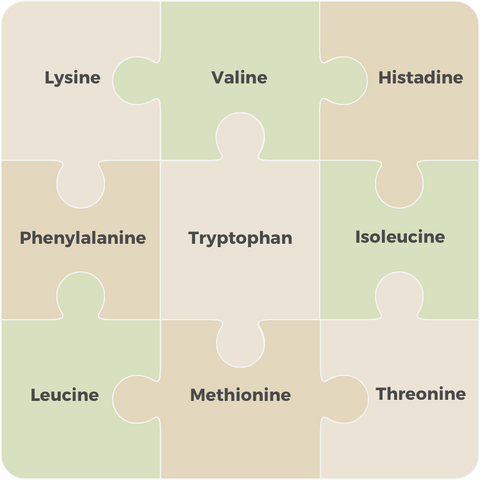tera’s® provides the highest quality, nutrition for your vibrant lifestyle.

Benefits of Whey Protein
Maintain a Healthy WeightA reduced calorie, higher protein diet including whey protein may improve the quality of weight loss by helping you lose more fat and/or maintain more lean muscle.
|
Curb HungerCalorie for calorie, whey protein can help people feel fuller for much longer than carbohydrates or fats can, keeping you from feeling hungry again. |
Become LeanerConsuming whey protein and performing resistance exercise can help build more lean muscle than resistance training alone or combined with carbohydrate consumption. |
Enhance Exercise RecoveryConsuming whey protein after exercise helps to build and repair muscle. That means you can get back to a workout quicker.
|
Reduce Muscle Loss with AgingResearch shows older Americans can reduce age-related decline of muscle mass with resistance training and more protein.
|
How Much Protein Do You Need?
On average in the U.S.

Every person, at every age, needs to consume adequate protein to replenish their body each day. Everyone can benefit from protein, but for some, including athletes and older adults, the standard requirement isn’t enough. They need to consume additional protein in order to meet their protein needs.
calculate your daily protein needs
Complete vs. Incomplete Protein

Protein sources are broken down into two categories: complete and incomplete. Complete protein sources provide all of the essential amino acids that your body needs to maintain muscle function and stay healthy. Complete protein sources include animal-based protein sources: meat, fish, eggs and dairy products.
Whey protein comes from milk, and therefore it’s a complete source of protein, providing every essential amino acid that your body needs daily.
In contrast, incomplete protein sources are missing one or more of the essential amino acids. Incomplete protein sources include plant foods: beans, peas, seeds, nuts, vegetables and grain products. These protein sources, alone, cannot supply all of the essential amino acids that your body needs every day.
Amino Acids
Proteins have tiny, molecular building blocks called amino acids. These amino acids bond together into combinations to create thousands of different protein chains. Whey protein offers health benefits beyond general protein supplementation. Whey protein is a complete protein, meaning it provides every amino acid building block that you need in your diet. Most vegetable proteins cannot offer all of these amino acids.
9 Essential Amino Acids
 Branched-Chain Amino Acids
Branched-Chain Amino Acids
Of the nine essential amino acids, three of them are especially unique: Leucine, Isoleucine and Valine. These are called the branched-chain amino acids (BCAAs), named for the branching in their molecular structures. Most amino acids are processed in the liver before circulating throughout your body. The BCAAs, however, can bypass the liver so that they can go directly to the muscle tissue. Leucine, specifically, has shown to stimulate muscle growth. Whey protein provides more total BCAAs and more leucine, on a gram-to-gram basis, than many other protein sources.
Amino Acid Profiles
An amino acid profile gives you the quantity of each amino acid per serving of a product. You can view the amino acid profiles of our Organic Whey Protein, Simply Pure Whey Protein and Goat Whey Protein by clicking here.

